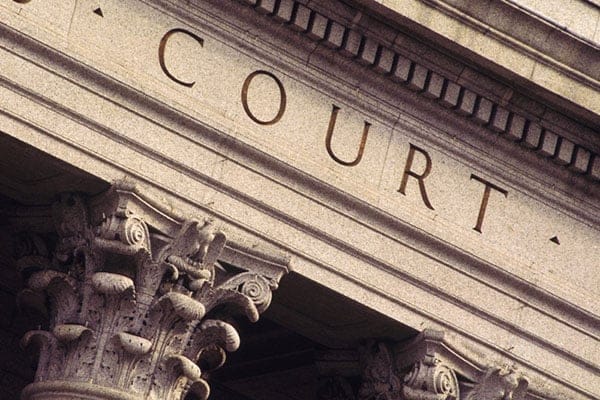
Part 1 of this series deals with trial by the court versus by a jury. Part 2 addresses two key elements in a coverage trial: the choice of the company representative and voir dire. This third part of the series discusses one of the most important phases of the trial—the opening statement—along with the use of expert witnesses in coverage cases. Part 4 considers the trial theme and values.
Opening Statement
The opening statement is counsel's second opportunity to talk to a jury and best opportunity to persuade the jury. Counsel has the opportunity to build credibility, tell his or her story, and begin telling the story counsel wants the jury to hear.
Tell a Story
Opening statement should tell a story from a specific point of view. Many times it seems as if counsel is reading from a table of contents. If the opening statement consists of a listing of the causes of action or listing of the defenses, more often than not, the jury will end up confused and frustrated. Jury members are known to hold their confusion and frustration against counsel and his or her party.
In a coverage case, the opening statement should tell, in a convincing and persuasive manner, the story that underlies the coverage dispute. While telling the story, counsel must build into the oral argument the essential coverage elements. Counsel must emphasize the facts that support the coverage defenses and make sure the jury is aware of their importance.
Develop a Theme
The opening statements must fully develop the trial theme or themes. A trial theme should contain the mantra that counsel wants the jury to recall throughout the case and should also contain values supporting the position. An opening statement without a trial theme or values is worthless.
What are the values? One example in a coverage action is that coverage was available to cover the loss, and the insured chose not to purchase it. Now the insured is trying to obtain coverage under a policy that was not designed to cover this loss. An insured should not get coverage that it could have purchased but chose not to purchase. This is a value that a jury will understand and can be incorporated into the opening statement.
Establish Credibility
An opening statement can go a long way to establish credibility of counsel and the party. Counsel should be honest and not overstate the case. The worst blow to credibility is to overstate one's case and not be able to deliver on the evidence. It is much safer to under-promise and over-deliver.
Counsel should use the opening statement to get bad facts out in the open. They will come out anyway, and by discussing them at the outset in the opening statement, counsel can achieve credibility and can put his or her spin on the bad facts before the jury hears them. With this concept, the jury will hopefully filter the bad facts when they come into evidence based on the explanation given in the opening statement.
Focus on the Standard
Each coverage issue will have a legal standard or legal test that is to be applied. This test will be contained in the charge the court submits to the jury. Counsel for the insurer should discuss the test and the facts that will be proven in light of the test. The jury needs to be aware of the standard and filter the evidence that it hears through that standard.
Expert Witnesses
Normally, experts are not permitted on the issue of coverage alone. Courts have held that this is an issue for the court and not the subject of expert testimony. 1 However, they are allowed on the issue of bad faith, and testimony on the issue of coverage can be admitted through the back door of bad faith.
Why is expert testimony so important? It allows counsel to summarize his or her case with one witness and explain the standards with the same witness and lets the jury hear the expert explain the why's of coverage. For example, the expert can explain why the policy was constructed the way it was and what was intended to be insured. There is symmetry with insurance, and it is critical that the jury understand the symmetry. An expert is in a perfect position to explain that symmetry.
If the coverage question has already been determined in favor of the insured, the expert can explain the issue of a reasonable basis for the position that the insurer took and why it was reasonable under prevailing law.
The insured should be credible—that is, testify for both insureds and insurers. The expert should have advocacy skills and be able to persuade the jury with his or her testimony. The witness should have the academic background and experience to have credibility with the jury.
Most importantly, the expert should be used to advance the theme. The testimony of the expert should be built around the theme and values for the case. The expert is in the best position to explain the values, why they exist, and what will happen if the values are ignored.
Opinions expressed in Expert Commentary articles are those of the author and are not necessarily held by the author's employer or IRMI. Expert Commentary articles and other IRMI Online content do not purport to provide legal, accounting, or other professional advice or opinion. If such advice is needed, consult with your attorney, accountant, or other qualified adviser.
Footnotes

